What is critical thinking if not thinking smart? Simply put, the concept refers to the ability to think clearly. It involves systematic analysis or what it’s more pretentiously called critique. As the intellectual capacity of making precise judgments, it also implies evaluating and reasoning.
Critical thinking is exemplary of how the left hemisphere of the brain works. Its counterpart, creative thinking, is typical, of course, of how the right hemisphere of the brain functions.
What Is Critical Thinking as Defined by Theorists?
For a more informed answer to the question, let’s see how experts define the concept of critical thinking, and here we refer first to the representatives of the National Council for Excellence in Critical Thinking, Michael Scriven and Richard Paul.
Critical thinking is the intellectually disciplined process of actively and skillfully conceptualizing, applying, analyzing, synthesizing, and/or evaluating information gathered from, or generated by, observation, experience, reflection, reasoning, or communication, as a guide to belief and action.
[Source: www.criticalthinking.org]
Theorists associate the critical thinking definition with universal values such as clarity, accuracy, relevance, precision, depth, and fairness, to name just a few.
Essential Critical Thinking Questions
How to think critically? We are sure that the following essential critical thinking questions will help you change your reasoning habits.
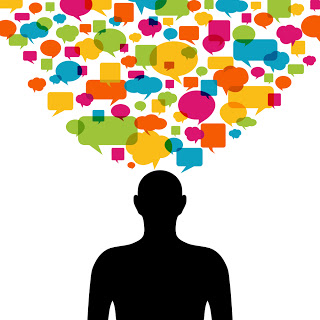
WHAT: What did he/ she say?
WHERE: Where did they say it?
WHEN: When did they say it?
WHY: Why did they say that?
HOW: How did they say it?
Of course, a critical thinker can diversify this set of basic questions to fire up his or her critical thinking skills.
Core Critical Thinking Skills & Subskills
The main critical thinking skills include analysis, interpretation, evaluation, and explanation, to name just the essentials. Besides possessing such intellectual abilities, a critical thinker makes decisions and solves problems.
Here is a short list of core critical thinking skills and subskills, credited by Dr. Peter Facione in his essay Critical Thinking: What It Is and Why It Counts:
Interpretation (What Does This Mean?)
Subskills:
- Categorize and clarify meanings;
- Decode significance.
Helpful Critical Thinking Questions:
- How should we understand that?
- What is the best way to characterise this?
- What was intended by saying that in this specific context?
- How can we make sense out of this experience, feeling, or statement?
Analysis (Why Do You Think That?)
Subskills:
- Examine arguments;
- Identify new ideas;
- Identify reasons and claims.
Helpful Critical Thinking Questions:
- What are the pro and con arguments?
- What is the basis for saying that?
- What is the conclusion?
Inference (What Does This Evidence Imply?)
Subskills:
- Query evidence;
- Conjecture alternatives;
- Draw conclusions.
Helpful Critical Thinking Questions:
- Given what we know so far, what conclusions can we draw?
- If we accepted/ abandoned that assumption, how would things change?
- What are the consequences of doing this?
- What are the alternatives we haven’t yet explored?
Evaluation (Do We Have Our Facts Right?)
Subskills:
- Assess claim credibility;
- Asses argument quality.
Helpful Critical Thinking Questions:
- How credible is that claim?
- How strong are those arguments?
- How confident can we be in your conclusion?
Explanation (Why Do You Think That?)
Subskills:
- State results;
- Justify procedures;
- Present arguments.
Helpful Critical Thinking Questions:
- What were the specific findings of the analysis?
- How did you come to that result/ conclusion/ interpretation?
- How would you explain how this decision was made?
- How you conducted that analysis?
Self-Regulation (How Good is Our Evidence?)
Subskills:
- Self-monitor;
- Self-correct.
Helpful Critical Thinking Questions:
- How good were our arguments/ evidence/ conclusion?
- Can we revisit what we mean by certain things?
- Can we be more precise?
These skills can be developed not only by using critical thinking questions but also critical thinking exercises.
Top Tips to Help you Think Critically
Developing critical thinking skills require time and patience. How to improve critical thinking easily? Start cultivating your critical thinking skills by taking a critical thinking test. The results will determine what kind of thinker you are and what needs improvements.
Other examples of critical thinking exercises you can use to enhance this intellectual ability consist of critical thinking games and critical thinking quizzes, as well as critical thinking puzzles.
Barriers to Critical Thinking
How many of the following barriers to critical thinking do you experience in your day-to-day life?
- Poor listening and Reading skills
- Prejudice & Bias (group and self-serving bias)
- Superstition & Distrust of reason
- Selective memory & Selective perception
- Fear of change
- Face-saving
- Self-deception
- Ego- and sociocentrism (group-centered and self-centered thinking)
- Mindless conformism
- Stereotyping
- Short-term thinking & Wishful thinking
- Over-impowering emotions
A critical thinker exhibits qualities that come to counterpart the traits mentioned above. These are open-mindedness, honesty, independent thinking, self-awareness, courage, and passion.
Why Is Critical Thinking Important?
Thinking critically is beneficial both for our physical and mental health. It enhances learning capacities and encourages a state of well-being at the same time.
Interestingly, critical thinking promotes creativity and it is also an important tool of self-reflection and discovery. According to a New York University report on the importance of critical thinking, entitled “Why Critical Thinking?”, such skills can help us make use of our emotional appeal effectively.
In addition, critical thinking is essential in present-day social and economic context. Since our world is driven by technology, there’s no surprise that the highest paid jobs are performed by critical thinkers.
More importantly, critical thinking is said to help people better understand each other, thus enhancing our ability to communicate and adapt to various circumstances. It helps us avoid making wrong personal decisions and aid in the development of a healthy work ethic.
So, the benefits of critical thinking cover not only our academic or workplace-related performance but also our daily life.
Further Reading: Recommended Critical Thinking Books
The foundation for critical thinking is asking the right questions. So, the first resource to recommend would be:
Asking the Right Questions – A Guide to Critical Thinking by M. Neil Browne and Stuart M. Keeley
Here’s what we got for career development and student success:
Critical Thinking: Tools for Taking Charge of Your Learning and Your Life by Richard Paul and Linda Elder
Critical thinking and problem solving go hand in hand. So, you might find this book useful in improving your critical thinking skills:
Problem Solving & Comprehension by Arthur Whimbey and Jack Lochhead
As we’ve seen so far today’s society places a high value on critical thinking. Should we all do the sale? What does critical thinking mean to you? Are you a critical thinker or a creative thinker? Have we managed to answer to “what is critical thinking?” detailed enough? Feel free to comment. Think critically! :)
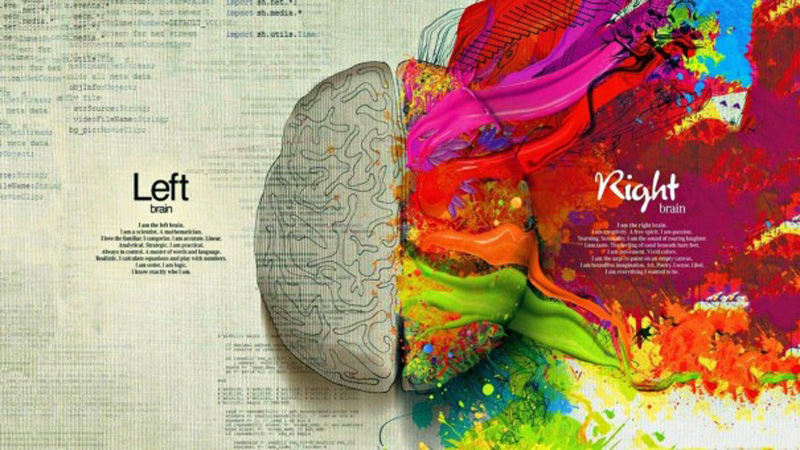






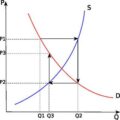
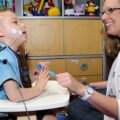



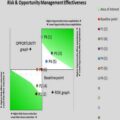
Leave a Reply